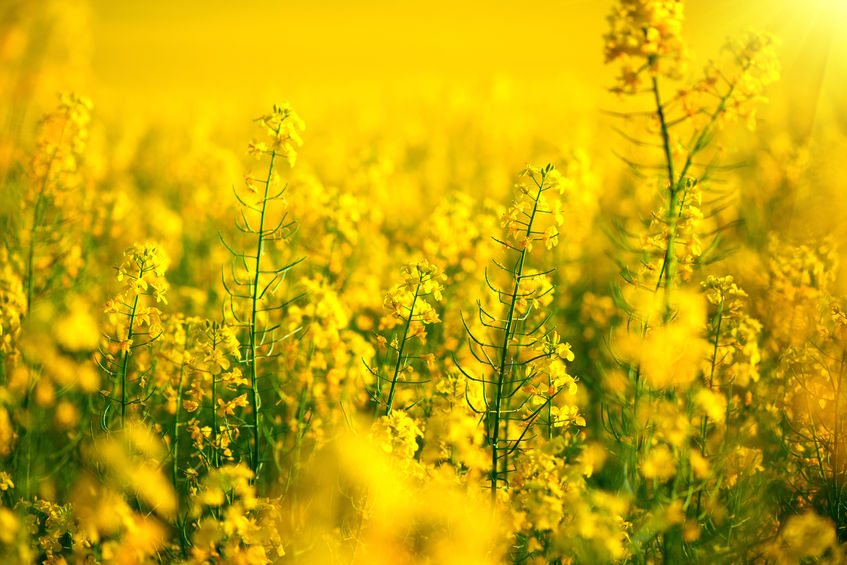
A Conservative MEP has failed to stop a complete EU ban on neonicotinoid pesticides, which critics say are harmful to Britain's bee population.
In March it was reported that draft regulations stated the Commission was likely to call for a 'near complete ban' of the pesticides from EU member states.
But some farming groups criticised the move saying the pesticides are 'vital' in protecting England's crops from pests.
National Farmers' Union (NFU) Vice President Guy Smith said there was 'no clear evidence' that neonicotinoids cause widespread impacts on bee populations.
Newly appointed Defra secretary Michael Gove appeared on BBC Radio 4's Farming Today programme, he said: "While the EU has often been a force for good in raising environmental standards, some of the means why which the EU has sought to improve the environment haven't always been the most effective regulatory tools.
"So getting those things right will be critical to making Brexit a success."
'Time to start listening'
Julie Girling, the Conservative MEP for South West of England in the European Parliament, launched a move against a proposed ban of three neonicotinoid pesticides.
She wanted the European Parliament to pass a series of 'objections' to the Commission's ban proposals, which she argues have not been supported by sufficient legal and scientific evidence.
But MEPs have today (22 June) rejected the attempt to oppose a full ban. 43 MEPs on the Environment Committee voted against the proposal by Julie Girling.
Matt Shardlow, who is at the conservation charity Buglife told The Guardian that Conservative politicians have 'repeatedly' led the charge to face down measures to restrict 'harmful pesticides.'
"Buglife would like to see a clear commitment from the Conservatives that after Brexit our environment and health will be in safe hands. It is time to start listening to the people and respecting the experts.
"We hope Michael Gove will listen to the experts and provide reassurance that in the UK and the EU action will be taken to ensure that the huge pollinator declines caused by pesticides never happen again."
'Clear evidence'
The NFU has said that because of the neonicotinoid restrictions, pest numbers have increased in recent years.
He said: "Highly targeted, highly controlled use of neonicotinoid seed treatment would help deliver significant benefits in controlling flea beetles and allow crops to establish and thrive."
Agricultural science institute Rothamsted Research also backed up Mr Smith's claims by saying production of UK crops is at risk if neonicotinoids are more widely restricted or banned completely.
"It will be very difficult, if not impossible, to maintain production of many crops if neonicotinoids are more widely restricted or banned completely," the organisation said.
"For example, in sugar beet, the control of aphids and the virus diseases they spread, is totally reliant on neonicotinoid seed treatments because the aphids are resistant to other control chemistries."
'28,800ha lost crop'
A previous study has found that the full cost to UK farmers of the neonicotinoid ban in 2016 was £18.4 million and resulted in almost 28,800ha of lost crop.
But evidence has mounted that they do in fact cause harm to bees, with a landmark paper from the Centre for Ecology and Hydrology last year linking the pesticides to long-term bee decline in the UK.
It is backed by a report in April this year that found nearly all farms could cut their pesticide use while still producing as much food.
